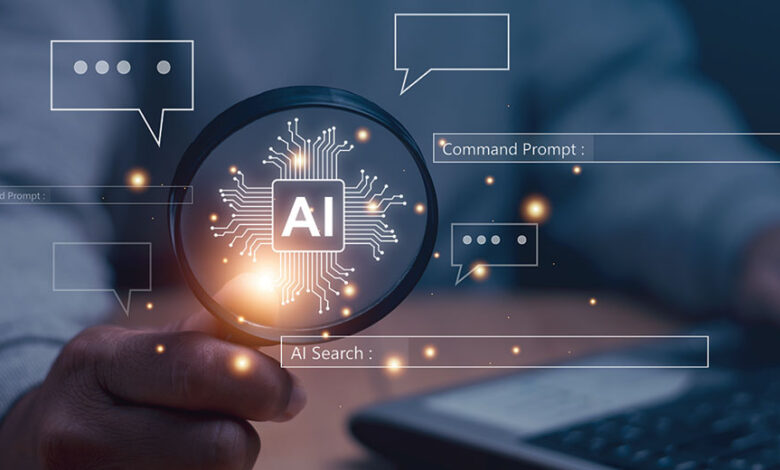AI Search Threatens Digital Economy, Warns Researcher

A recent warning from Benjamin Brooks, a researcher at Harvard’s Berkman Klein Center, highlights the potential disruptive impact of AI-powered search engines on the digital economy. Brooks argues that if AI search becomes the primary interface to the web, it could undermine the fragile ecosystem that supports content creators—many of whom rely on virtual traffic for revenue through ads, subscriptions, and donations. AI search tools, by providing users with direct answers rather than links to websites, may deprive creators of the “eyeballs” and clicks needed to monetize their work.
Brooks urges the AI industry to address this challenge proactively, advocating for a content marketplace that compensates creators fairly before governments intervene with regulations. As AI-driven search grows, governments might begin regulating content distribution and bargaining practices, creating a potential conflict between AI firms and content creators. This concern is further amplified by examples like Google’s Search Generative Experience (SGE), which has been shown to push organic links down in search results, reducing the visibility of content.
The impact of AI search on content creators’ revenue is still unclear, but evidence suggests that AI-generated summaries in search results might lead to a decline in click-through rates. News outlets and niche creators have reported decreased traffic from traditional search sources as AI systems produce comprehensive answers without redirecting users to original sources. This trend could threaten ad revenues and subscription models, undermining the sustainability of quality journalism and smaller content providers.
However, not everyone shares Brooks’ pessimistic view. Dev Nag, CEO of QueryPal, argues that the fear of an “eyeball apocalypse” is overblown. He compares the rise of AI search to past transitions in the media landscape, such as the shift from paid newspapers to ad-supported online content. Nag believes that AI can actually expand content reach by improving discovery, personalization, and translation, making it easier for creators to reach their target audience. He suggests that AI search could lead to new monetization models like content licensing and value-sharing systems, where creators are compensated based on how often their content is referenced by AI platforms.
Despite these optimistic views, some experts warn that AI-driven search could harm the digital content ecosystem if big AI firms cut exclusive deals with large media companies, potentially sidelining smaller creators. Brooks is particularly critical of these selective appeasement strategies, which could lead to monopolistic practices and favor lower-cost, lower-quality content at the expense of high-quality journalism.
Overall, while AI search is still in its early stages, experts agree that its evolution could reshape how content is discovered and consumed, with significant implications for how content creators generate revenue. The AI industry and governments must carefully consider the balance between innovation and fair compensation for creators as AI continues to transform the digital landscape.



